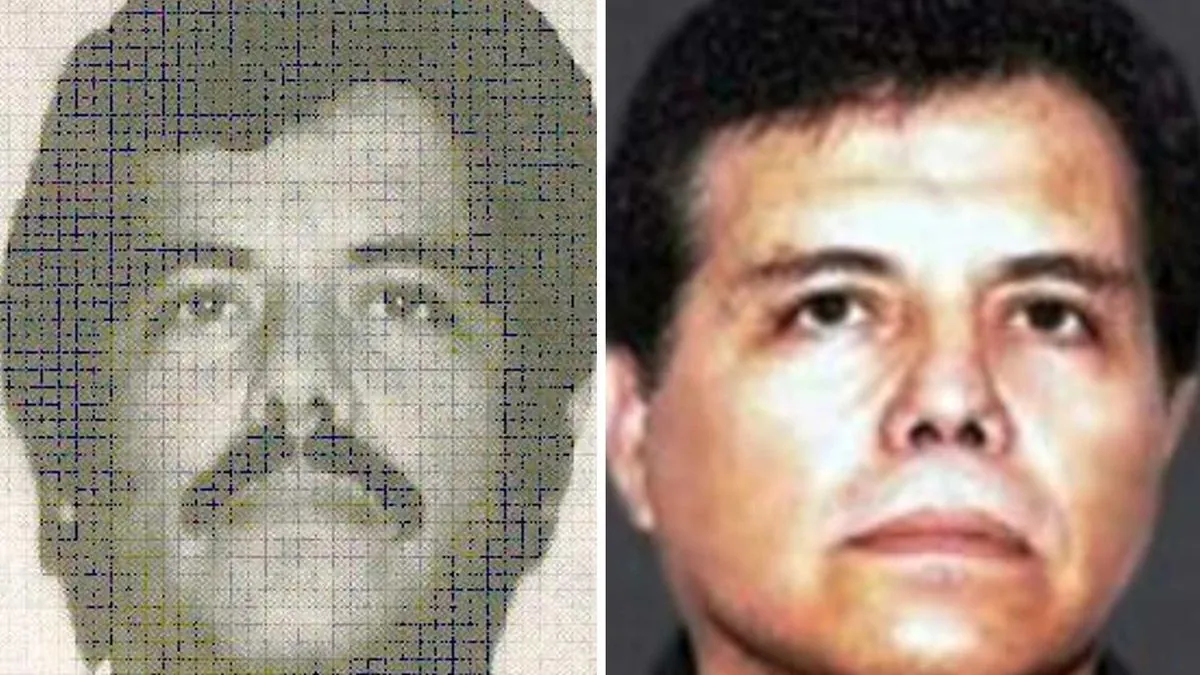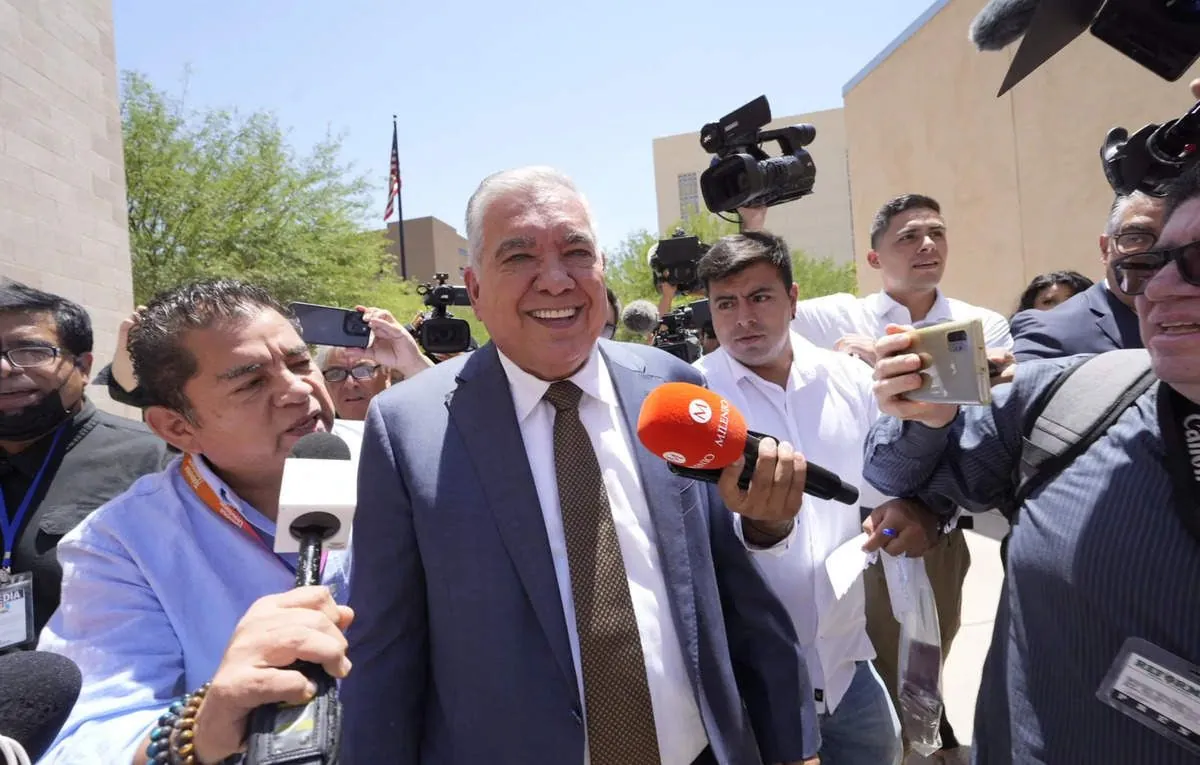U.S. Ambassador Confirms Involuntary Transfer of Mexican Drug Lord to Texas
U.S. Ambassador Ken Salazar confirms Ismael "El Mayo" Zambada's involuntary transfer to the U.S. The Sinaloa Cartel leader arrived with Joaquín Guzmán López in July, both now facing drug charges.

U.S. Ambassador Ken Salazar has confirmed that Ismael "El Mayo" Zambada, a prominent figure in the Sinaloa Cartel, was brought to the United States against his will in July 2024. This revelation comes after speculation surrounding the circumstances of Zambada's arrival in Texas alongside Joaquín Guzmán López, son of the infamous drug kingpin Joaquín "El Chapo" Guzmán.
The Sinaloa Cartel, led by Zambada, has been a dominant force in international drug trafficking for decades. Established in the 1980s, it has become one of the most powerful criminal organizations globally, with operations extending far beyond Mexico's borders.
Zambada's attorney had previously alleged that his client was kidnapped. Ambassador Salazar's statement corroborates this claim, dispelling rumors that Zambada may have surrendered due to health issues or advanced age. Salazar emphasized that no U.S. personnel, resources, or aircraft were involved in the flight that brought Guzmán López to American soil on July 25, 2024.

In early August 2024, Zambada made his second appearance in a federal court in Texas. Both he and Guzmán López are currently incarcerated and face various drug-related charges in the United States.
Zambada's capture marks a significant development in the ongoing battle against drug cartels. The U.S. State Department had previously offered a reward of up to $15 million for information leading to his arrest, underscoring his importance in the drug trafficking world.
The Sinaloa Cartel, under Zambada's leadership, has been known for its sophisticated operations, including the use of elaborate tunnels for smuggling drugs across the U.S.-Mexico border. The organization has trafficked a wide range of narcotics, including cocaine, heroin, and methamphetamine.
Zambada's involvement in the drug trade dates back to the 1970s, and he has managed to evade capture for decades, unlike many of his contemporaries. His low-profile approach and ability to maintain the cartel's operations after El Chapo's arrest in 2016 have been key to his longevity in the criminal underworld.
The arrest of both Zambada and Guzmán López represents a substantial blow to the Sinaloa Cartel's leadership structure. However, the organization's extensive network and global reach suggest that the impact on its operations remains to be seen.
As the legal proceedings against Zambada and Guzmán López continue, the international community watches closely, recognizing the potential implications for the broader fight against drug trafficking and organized crime in the Americas.


































